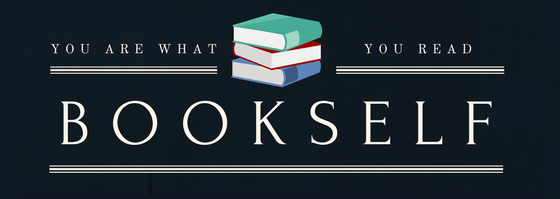The Giver ~ Lois Lowry (The Giver Quartet #1)
★★★★★
I first read The Giver in the summer before 8th grade as a school required reading. Most books I had to read for school were met with disdain or disinterest from me, with few exceptions (I didn't like to be forced to read; I enjoyed the choice). The Giver was the exception to define all exceptions.
I knew there had been times in the past—terrible times—when people had destroyed each other in haste, in fear, and had brought about their own destruction.
The Writing and the Worldbuilding
Lois Lowry is spectacular at giving deeper meanings to shorter books. She doesn't require all the pomp and circumstance to tell a meaningful, profound story. The Giver was told in such a way that made a strange and apathetic world seem almost good, almost necessary, while also championing a world more similar to our own. The ambiguity in that, the possibility to lean in either direction, in addition to the interpretive ending (though, not anymore, given the Quartet, I suppose), made for a thought-provoking novel with themes of choice, equality, peace, and apathy.
The concept of transferring collective memories to another person, but only those perceptive enough (or with blue eyes, for that matter), yet still, seemingly, with our world's reality as a historical past, was somewhat far-fetched and not explained, but in this case, an explanation was not necessary, as the method of reaching sameness was not entirely explained either and the story was not lacking for it whatsoever, as it was consistent throughout.
Of course they needed to care. It was the meaning of everything.
The Characters
Jonas: He is an excellent protagonist—relatable, perceptive, kind, passionate, and active. He did always what he believed was best, and he was a pleasure to read.
Jonas' family: Jonas' parents and sister were particular interesting characters: his father and mother go along with the society as they always have, as Jonas himself had been content to do before being selected as the Receiver; while his sister still holds some passionate humanity in her, as she is still a child, but because she is still a child, she still is somewhat apathetic to the plight of others, her whole world revolving around herself, as children are. Jonas, being 12 for most of the book, straddled the boundary between the two, simultaneously adult and child.
The Giver: He is kind and wise, but also fallible, human. He worries over his past mistakes, as well as humanity's.
Conclusion
This book was just as intriguing and deep as when I first read it, all those years ago, when I was around Jonas' age myself. Now that I am an adult (though I might not want to act like it), I find it especially important to understand the choices you must make as an individual, with an understanding of the past and past mistakes to guide you, knowing the weight of your decision. To celebrate differences and not reject change, because choices matter more than you can imagine. And wrong choices are there to teach you.
We gained control of many things. But we had to let go of others.
Buy the book here:


Comments
Post a Comment